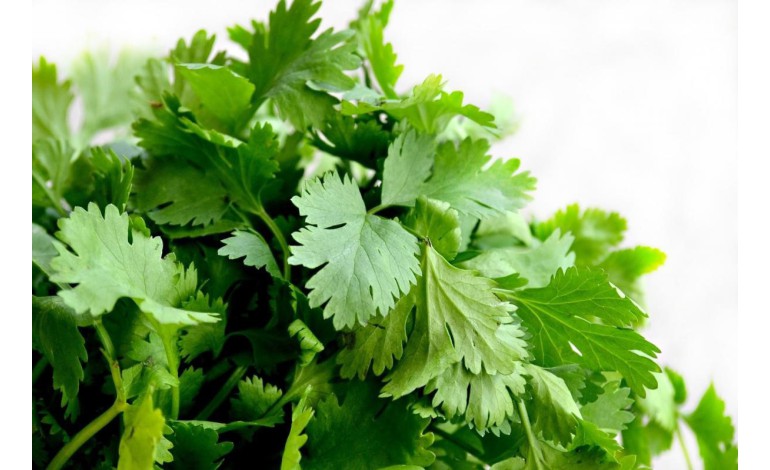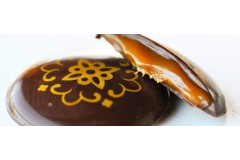The coriander is somewhere like the city of Marseille "we like it or we hate it! ». It is also curious to note a real aversion for those who do not like coriander. And you will be unable to make them taste the slightest milligram of coriander. In this case, we note an astonishing taste description of coriander "smells of detergent, taste of soap, moldy, dishwashing liquid, disgusting, etc ..." But then why do the others find it so sublime? Why such a difference in appreciation? Such bipolarization?

A genetic survey of nearly 3,00000 people has identified two genetic variants linked to the perception of coriander, the most common of which is a gene involved in the detection of odors. According to this study published in 2012 in the Revue Flavour 1 , 21 % of Asians, 17 % of Europeans and 14 % of Africans would not like the aromatic grass. Thus, coriander lovers would be mainly those in whom it is essential: only 7 % of South Asians, 4 % of Hispanophones and 3 % of the inhabitants of the Middle East say they do not love it.
Behavioral neuroscientist Charles J. Wysocki, from Morell Chemical Senses Center to Philadelphia tried to identify the polarizing nature of coriander leaves. Charles Wysocki studied preferences for coriander in twins, both fraternal and identical. In identical twins, if one of the twins hates the smell of coriander, the other is more likely to hate it; The back of the medal is also true. If an identical twin likes the smell, the other will probably also like it.
"This is not worth for fraternal twins", explains Wysocki, adding that these results "very strongly suggest that what people underpin preference is genetically determined".
By continuing the research: very aromatic, the aldehydes found in the coriander leaf are released when the plant is crumped between the fingers or that you lambed it. Aldehyde is also a chemical component that is found both in coriander and soap! Would we have a track? Some would visualize coriander like soap?
In an article in the newspaper The Guardian, the neuroscientist Jay Gottfried of the Northwestern University of Chicago believes that this particular disgust for coriander comes from this assimilation to the soap. For him, the brain puts food odors in categories that he already knows and will think, in this case, that this is a non -edible product.
There is indeed a gene, programmer of the olfactory receiver, which particularly detects aldehydes. The gene in question is 0R6A2 which controls the sensitivity to aldehydes and which code for olfactory and taste receptors. These receivers therefore send signals to our brain to transform them into aromas and flavors. So those who hate coriander simply have this gene which is overexpressed.
Thus the message sent and the description that will be made of it will be out of step with the product itself. The coriander is taken then for dishwashing liquid and indeed it is not very good to eat.
< IMG SRC = "https://maxdaumin.com/img/cms/liquivia.png" alt = "" width = "150" height = "182"/>
or 2017-2018 silver 2020-2021 bronze 2019 | National grocery trophy
Artisan producer of the Culinary College of France 2021






